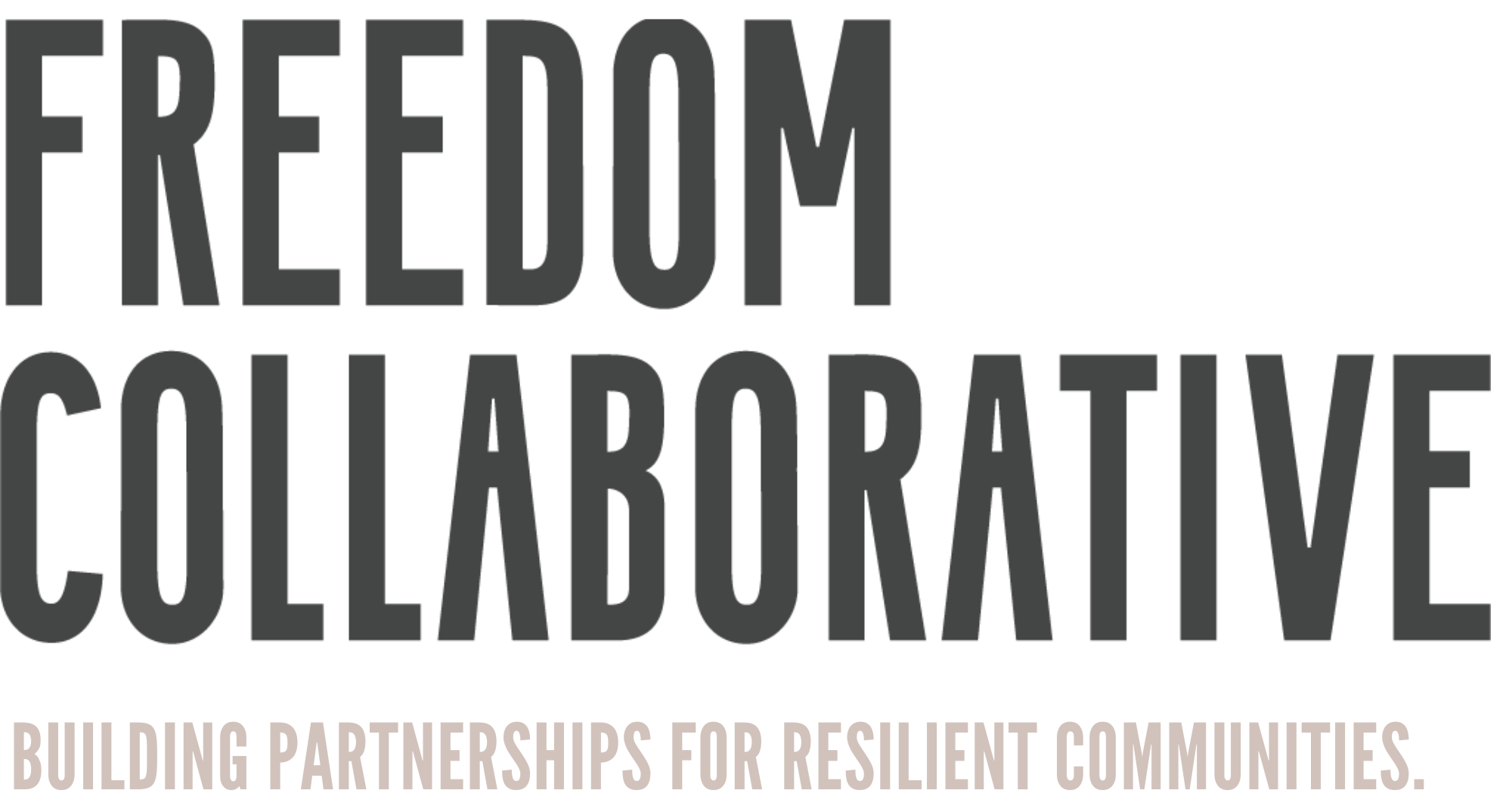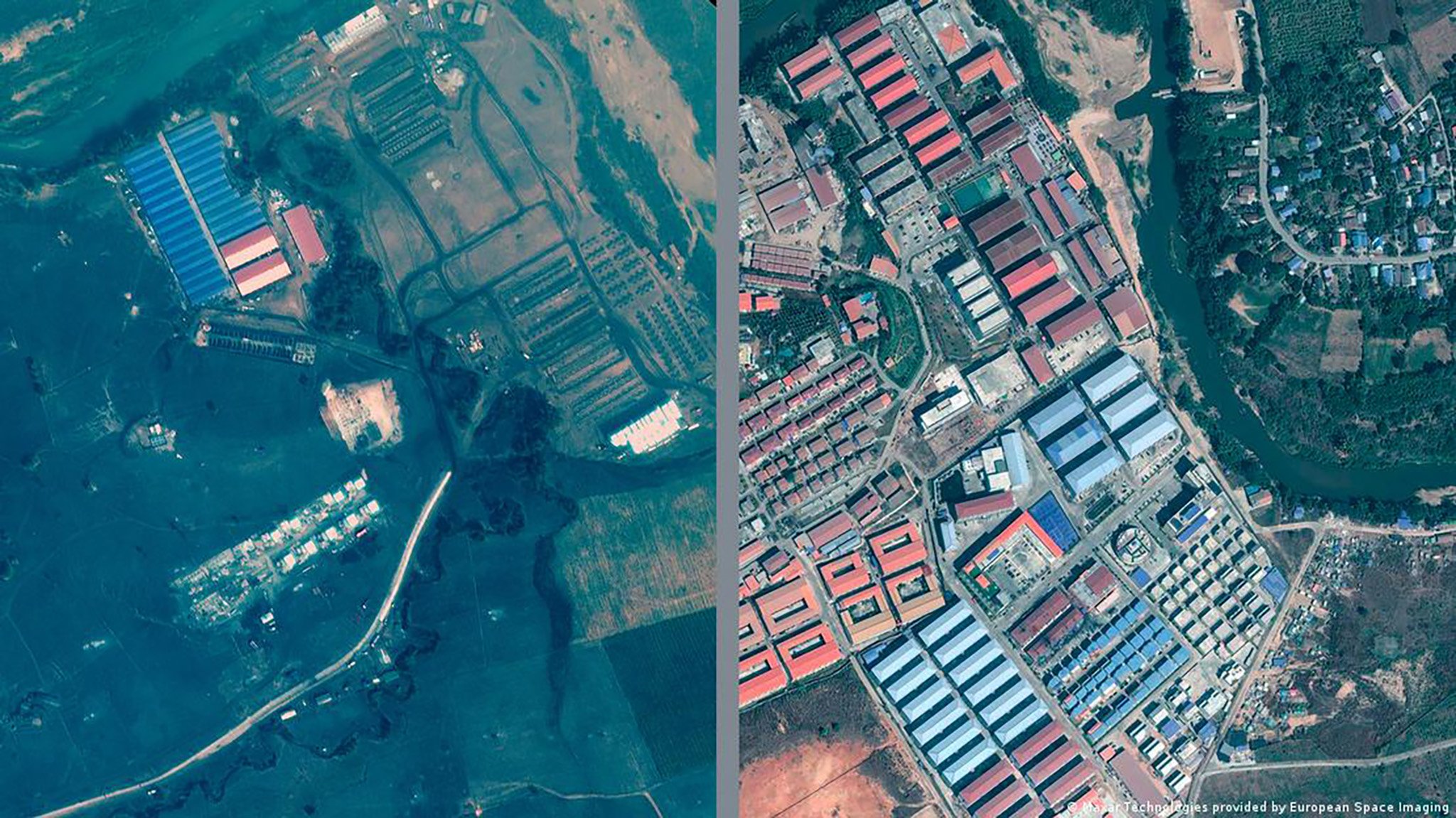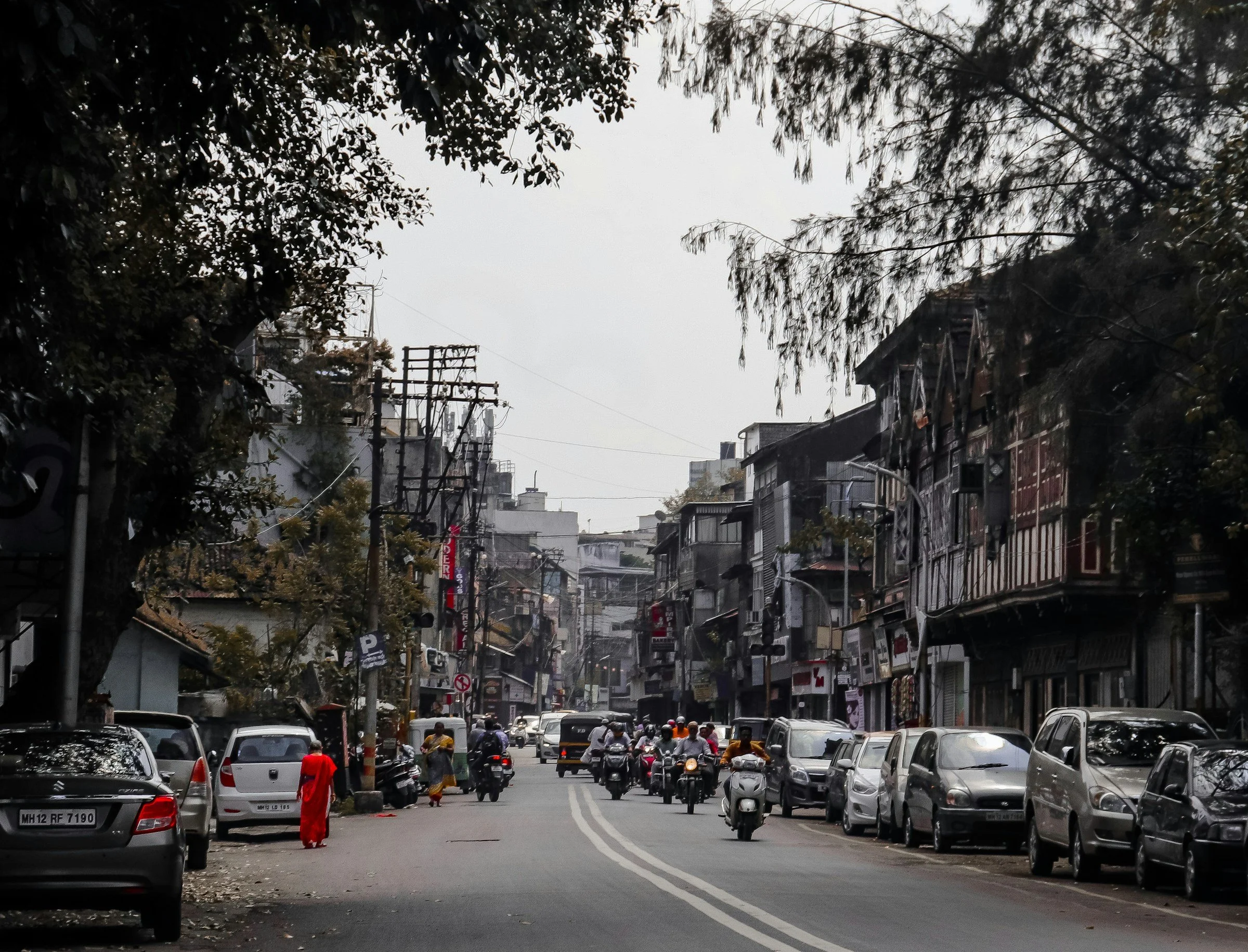Open mindsets and prioritizing common goals promotes effective CSO-government partnerships
Collaboration between CSOs and government agencies is essential, and though there are sources of friction, promoting an attitude of openness and seeking common goals leads to effective collaboration that provides help in both directions.
Collaboration between civil society and state actors on anti-trafficking initiatives is essential to creating more sustainable solutions. Each side brings different perspectives and necessary tools to bear, and they can supplement each other’s limitations in managing both present challenges and long-term systemic evolution and growth. Managed well, government-NGO partnerships can create synergistic energies, and relationships of deeper trust can lower transaction costs. As an Overseas Development Institute report explains, “CSOs have become aware that policy engagement can often have a greater impact than contestation. Moreover, policy advocacy by CSOs can spur more widespread benefits than their service delivery effort alone.” While their different perspectives can be a source of friction especially in a restrictive legal environment, as a report on CSO Sustainability in Thailand in 2021 by the Manushya Foundation highlights, collaboration with state actors can reduce legal risk as well as enhance and amplify advocacy efforts.
The Freedom Story in northern Thailand offers some practical suggestions for approaching NGO-state collaboration on common goals in preventing human trafficking. In their experience, effective advocacy begins with CSOs adopting an open mindset for collaboration, beginning with the assumption that collaboration is possible. Government actors have the mandates and authority, whereas The Freedom Story has resources that enable both to work together to advance and achieve goals. Upon identifying common goals, they can determine the government’s resources and willingness to act, as well as its limitations in implementation.
Through their work with various levels of government, The Freedom Story has observed that good policies emanating from the national level can falter as they trickle down to the level of implementation. Government actors at the local levels might be hampered by limited funding or the lack of personnel or other resources, which impedes effective implementation. CSOs can help fill these gaps by providing supplemental matériel or knowledgeable staff. For example, when migrant workers tried to cross via irregular channels from Myanmar to Thailand, they were apprehended and put into quarantine in accordance with COVID restrictions. The government had quarantine centers; however, they had no budget for hygiene provisions. The Freedom Story provided hygiene packs, gloves, and masks, etc. for both the migrant workers and the officers, to keep both better protected.
In their experience, support goes both ways. For instance, in partnership with USAID and the Japanese International Cooperation Agency (JICA), The Freedom Story sought to provide hygiene packages to migrant workers, but the employers didn’t want to grant access, fearing the scrutiny that CSO intervention might entail. The labor department in Chiang Rai called the employers, vouching for the organization and addressing employers’ concerns. Thus access to migrant workers was granted and The Freedom Story could provide aid to target beneficiaries.
Because they’ve been able to establish relationships of trust, government officials support The Freedom Story in objectives, for example, working together to rescue youths from Chiang Rai who had been trafficked into an online scam situation in Cambodia, and The Freedom Story also supports government officials, for example, providing staff translators as needed for labor trafficking cases. In their view, CSOs also play a vital role in supporting information flows between local to national and international policy levels, bringing challenges on the ground to the attention of the higher levels (for example, alerting officials to potential trafficking-related risks around Lao special economic zones when re-opening the borders opposite Chiang Rai), as well as helping to communicate higher level policy objectives to those implementing them at the local level.
A recent scholarly article argued that the role of CSOs is more likely to be associated with shallow, rather than deep, policy changes – that CSOs affect more change in areas of low technical and political cost. In The Freedom Story’s experience, however, this doesn’t mean that deeper change is impossible. In terms of migration policy, they find that the government is willing to consider different sides. There is increasing recognition that migration flows both inward and outward and that migrant workers are critical to business. With business sectors also lobbying for support with migrant workers, the government is trying to shift to offer more formal migration programs to ease migration and reduce incentives for workers to migrate via undocumented channels.
As The Freedom Story explains, “At the end of the day, it’s about positioning and how we package our advocacy so it’s workable and constructive. Harsh criticism is less likely to achieve a positive impact on the lives of beneficiaries. But diplomatic advocacy influences the government and helps find mutual common ground. That’s the most effective way to see impact. We can give criticisms that are constructive, by providing facts. The Freedom Story is research-based, so they listen to us on the basis of facts we provide.”
Have You Considered…?
The Asia Region Anti-Trafficking Conference is back in person, this year in Bali, Indonesia. It will be held July 17-19, 2023 and also available for attendance online. If your organization is interested in attending, the organization ticket allows up to 20 individuals to attend. The agenda is still being determined, though will likely include focus topics such as: Big Picture Trends & Issues, Community Based Care, Industry Best Practices for Organizations, Research/Case Studies & Trends, Engaging Traffickers, Labor Migration, Prevention, and Advocacy Campaigns. Freedom Collaborative will likely also host a session. If you’re planning to attend in person, keep an eye on the conference website for ticket sales and mark your calendars to arrange for travel and accommodations.
Share your news
Post your experiences from the field and initiatives to feature





